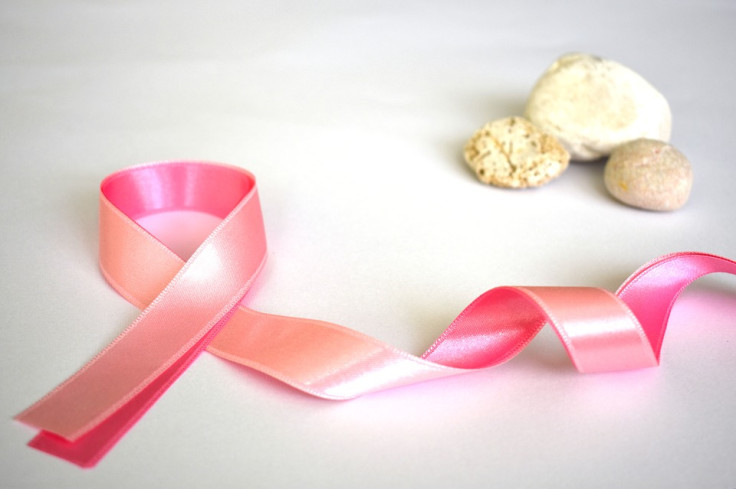British scientists develop AI model that can predict secondary breast cancer
Around 25 per cent of 100 women in England will survive their cancer for 5 years or more after they are diagnosed with stage 4 cancer.

A team of scientists from the Breast Cancer Now Research Unit at King's College London has possibly found a way to use artificial intelligence (AI) against secondary breast cancer, an incurable type of this deadly sickness.
Led by Dr Anita Grigoriadis, her team developed an AI model that can predict if the disease will further spread around the patient's body. This was done using data on the immune response of more than 5,000 lymph nodes from women with triple-negative breast cancer. All samples used came from donations of 345 individuals to biobanks, including the Breast Cancer Now Tissue Bank.
"By demonstrating that lymph node changes can predict if triple-negative breast cancer will spread, we've built on our growing knowledge of the important role that immune response can play in understanding a patient's prognosis," Grigoriadis stated.
Published in the Journal of Pathology, the researchers of the study all claim that they hope this AI model will eventually be tested in clinical trials, as well as assist doctors in planning treatment in the future. They further added that this could also help reassure people with breast cancer about the disease spreading to other parts of their body.
As of today, multiple breakthroughs are being made in research with the help of artificial intelligence. For example, a new machine learning tool was made, with the help of AI, to identify early biomarkers of Parkinson's disease with 90 per cent accuracy. Researchers in Great Britain have also developed an AI tool called OCTAPUS-AI that can predict whether an abnormal growth in the body is cancerous or not.
What are Lymph Nodes?
These are small bean-shaped structures that are parts of the body's immune system. Hundreds of them are found throughout the body and are connected to one another by lymph vessels. Lymph nodes are used to filter substances that travel through the lymphatic fluid, a part of the lymphatic system that carries waste products and destroyed bacteria back into the bloodstream.
These parts of the lymph system also contain lymphocytes (white blood cells) that help the body fight infection and disease.
What does Triple Negative Breast Cancer mean?
This aggressive type of disease is diagnosed in patients with no receptors, specifically oestrogen, progesterone, and HER2, which are commonly found in breast cancer. It accounts for approximately 15 per cent of all breast cancers. In the United Kingdom alone, there are over 8,000 diagnosed cases of this type of breast cancer.
Women who have inherited an altered BRCA gene, African-American women, women who have not yet reached menopause, and younger women, in general, are at a higher risk of acquiring triple-negative breast cancer, Breast Cancer Now reports. Their research also shows that "the risk of triple-negative breast cancer coming back or spreading is higher than some types of breast cancer in the first few years."
The treatment for triple-negative breast cancer consists of a combination of chemotherapy, surgery, radiotherapy, and bisphosphonates. Previous studies have also shown that chemotherapy works better for patients diagnosed with this type, compared to those with oestrogen receptor-positive breast cancer.
Secondary Breast Cancer: What is it and how dangerous is it?
Otherwise known as "advanced cancer" or "stage 4 breast cancer," being diagnosed with this sickness implies that the disease has spread to another part of the body. Though it can spread to any area, the most common parts that are affected are the liver, lungs, brain, and bones. Secondary breast cancer can also occur in the lymph nodes of the chest, armpit or neck area, skin, or abdomen.
This usually occurs years or sometimes even months after primary breast cancer, but it can also be diagnosed at the same time as the primary breast cancer or even before the primary breast cancer has been discovered. According to Cancer Research UK, around 25 out of 100 women in England will survive for 5 years or more after they are diagnosed with stage 4 cancer.
© Copyright IBTimes 2025. All rights reserved.






















